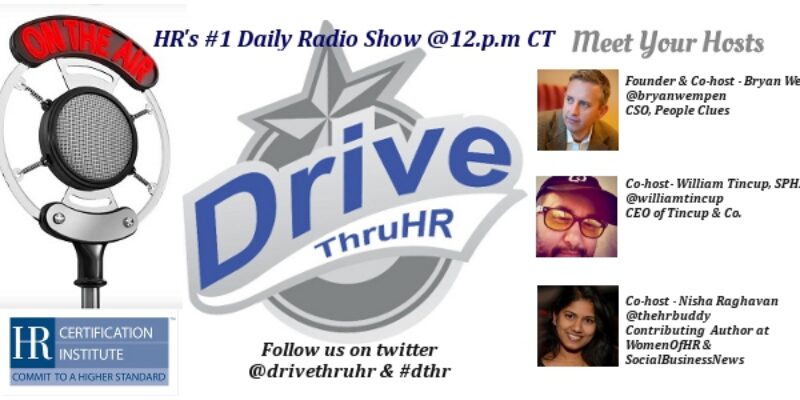Companies have invested their time and money to initiate and even revamp their Reward and Recognition programs to reap the maximum productivity and engage their workforce. At times these programs don’t work the way they expect to and sometimes even turns off their employees.
That is because often they stress on ‘what’ instead of ‘why’. For example, what they are doing as a business, what needs to be achieved, what needs to be done by you as an employee, to other employees or even to customers. Instead if they start focusing on ‘why’ they should do the things that they do as an employer or as an organizations, then it can be more meaningful.
Here is multi-part series on why rewards aren’t rewarding for your employees.
Lack of transparency: Most of the employers make sure that what is expected of an employee is communicated, at least during the appraisal time! But what they miss to communicate in a structured manner is what the employee can expect in return as a result of their performance. Communicating and making the rewards programs transparent to employees will help them to become competitive, strive to do a better job always and to target what they see themselves growing into within the organization.
Rewards are biased: I have noticed this specifically in the Wall of Fame program, where top performers monthly are recognized by having their photos put up on the wall of fame and mostly awarded with a certificate and rarely with a cash award. Now this kind of reward program becomes a bit monotonous if 1) such a program is not accompanied with some sort of monetary award, 2) Most of the times the top performers each month are the same employees over and over. This can end up being a demotivating factor for the rest of the workforce. That means your program works for only for a small percent of employees. Sometimes companies that have similar programs may do it only for the sales employees and leave out the rest. This is totally biased.
Rewards that aren’t desirable: When employers assume that their rewards will blow away the employee’s mind, without putting any thought into it! That is wrong! I have heard of giving away of gas cards as a compensation for employees and once it went to an employee who doesn’t own a vehicle. Or giving away a reserved parking spot to the one who doesn’t own a car. Another example is gift card from a book store. What if the employee doesn’t bother to buy a book or is not an avid reader. Some times your reward program doesn’t work for everyone so it is better to ask them what they would like to have or give them the opportunity to choose from a variety of options.
Program aims at temporary goals only: When reward and recognition program aims at temporary goals and doesn’t aim to achieve long term goals of the organization it can be a huge failure. For example, for increasing sales for the next quarter or increase in the customer satisfaction by 20 percent. Once employees achieves that or falls short what happens next? Do you just stop it there? No. this has to be a continuous process and something that is aligned with the long term goals of an organization where we are not talking about 20 % but we are talking about attaining 100%.





